Kampala ranks low in office rent across Africa
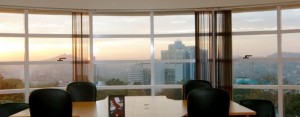
The rising middle class across Africa takes on many attributes of sophistication, forcing developers to put more effort into their buildings.
April 11–Knight Frank, the international real estate consultancy, has come up with its latest findings on African property, showing that at an average $17 per square metre monthly, Kampala currently offers some of the cheapest office space on the continent. But this is still a dollar more than Nairobi in Kenya at $16 and three times more than what an office tenant in Blantrye, pays at $5.50 for a square metre every month.
It’s quite apparent West African cities are expensive places to rent, while southern Africa is much more affordable with rates rarely going above $20. In contrast the monthly average in Addis Ababa, Ethiopia is $25, while in Dar es Salaam, Tanzania and Kigali, Rwanda, office tenants have to pay $21 and $20 respectively.
African oil exporting countries attract thousands of expatriates and the five most expensive cities for office space also happen oil producers namely Luanda, Angola at $80 per square metre followed by Lagos, Nigeria ($67); N’Djamena, Chad ($55); Malabo, Equatorial Guinea, ($37) and Cairo, Egypt ($35).
However the Knight Frank Africa Report 2017 states that the continent’s strongest economies over the last two years have included commodity-importing East African countries Tanzania, Ethiopia, Kenya and Rwanda, while the West African economies of Côte d’Ivoire and Senegal have also emerged as star performers.
“Real estate demand stemming from oil companies and the associated service supply sector has eased in all the African oil-driven markets. Conversely, in the retail sector, the demand across Africa, from the growing middle classes has continued to create a marked increase in activity particularly in the Francophone countries. This increase in tenant demand has encouraged new schemes to be proposed; Abidjan (Côte d’Ivoire) providing a really good example as such a capital city where the proposed schemes are supported by offshore investors,” Peter Welborn, chairman of Knight Frank Africa said.
The average monthly rate for a square metre office space in Abidjan, Cote D’Ivoire is $32; Accra, Ghana ($35); Kinshasa, Democratic Republic of Congo ($25); Casablanca, Morocco ($20.50); Maputo, Mozambique ($27.50); Johannesburg, South Africa ($17); Cape Town, South Africa ($10); Tunis, Tunisia ($10) and Harare in Zimbabwe at $10 per square metre. In Port Loius, Mauritius and Windhoek, Namibia, the rates are $15 and $14 respectively.
In a second half year 2016 update KF (Uganda) reported that despite the bearish outlook on the office sector over the past two years, most oil and gas companies increased their operations in Uganda following the issuance of production licenses. Some even reconsidered their office space reduction in anticipation of more activity in the months to come. KF (Uganda) said this is likely to positively impact the demand for prime office space in the medium to long term.
‘We are seeing opportunities in two distinct niches of office demand in Kampala. The Grade A built – to suit office buildings in prime locations such as Nakasero, and Kololo for large corporations looking to consolidate their offices into one property, with the flexibility to have naming rights on the building facades and the full-serviced / virtual offices that give companies the advantage of entering the market or operating a satellite office without the burden of huge office capital fit-out costs,’ the KF update reads in part.
Welborn said, “The challenge for both property developers and investor, is to ensure that the impact and timing of planned infrastructure projects on the growth of their capital city, is fully understood. The timing and the use mix being a key component to ensure real success.”

 Africans must resist being bulldozed in energy transition timetable debate
Africans must resist being bulldozed in energy transition timetable debate
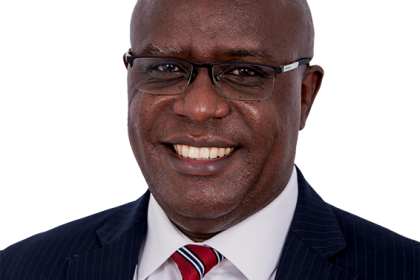 Standard Bank Group appoints new Chief Executive for Uganda Holdings
Standard Bank Group appoints new Chief Executive for Uganda Holdings
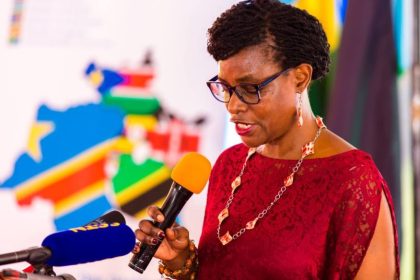 TradeMark Africa introduces new App to limit EAC trade barriers
TradeMark Africa introduces new App to limit EAC trade barriers
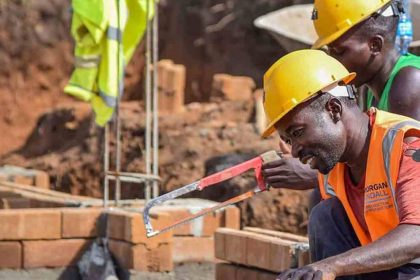 Employer hiring up during November as Stanbic PMI rises to 53.4
Employer hiring up during November as Stanbic PMI rises to 53.4
 Shell Club rewards first winners with brand new motorbikes in Mbale
Shell Club rewards first winners with brand new motorbikes in Mbale
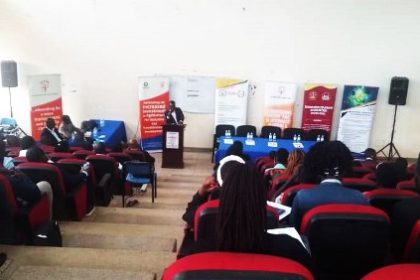 CSBAG roots for increased funding for renewable energy
CSBAG roots for increased funding for renewable energy
